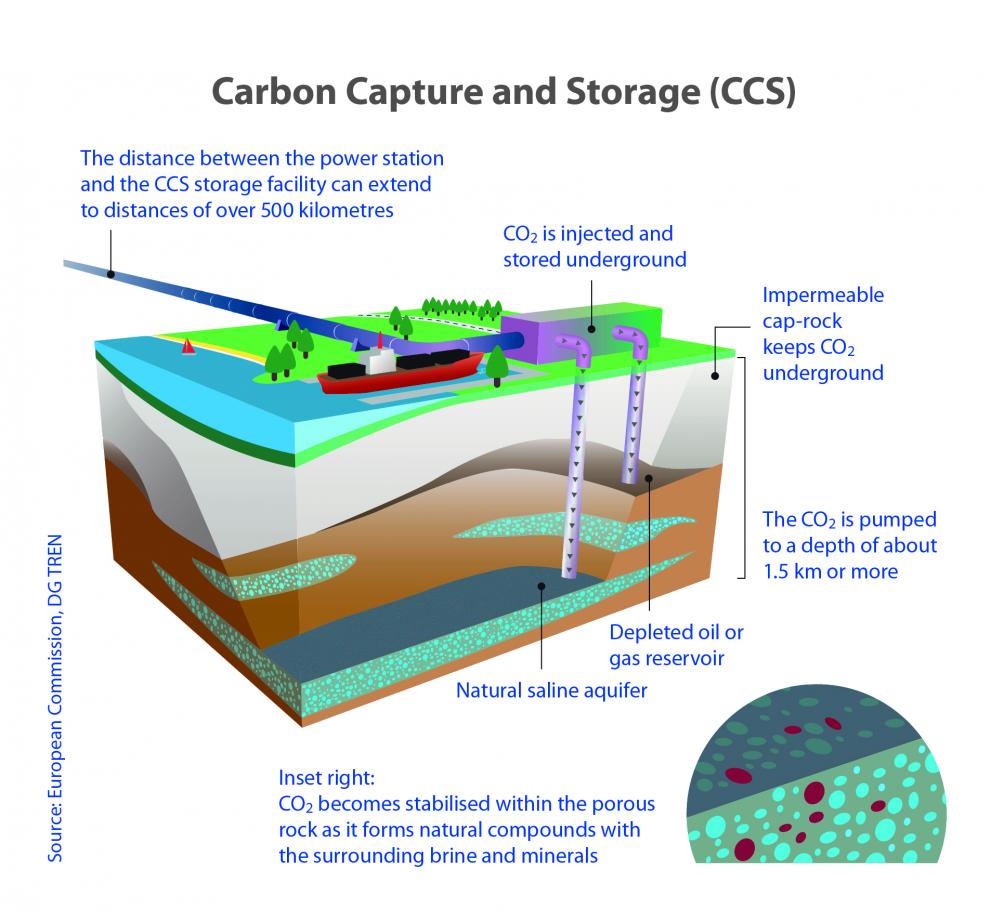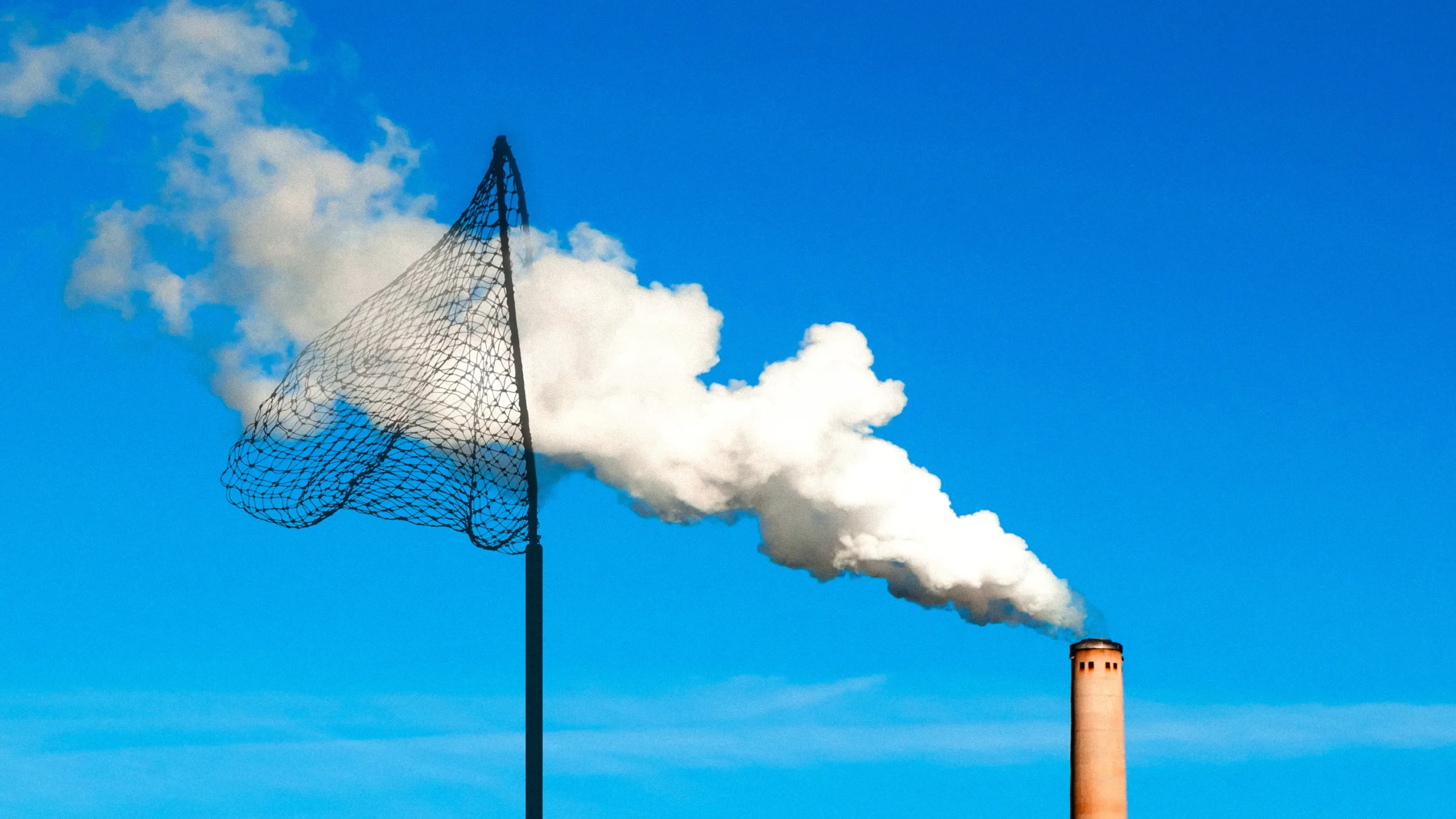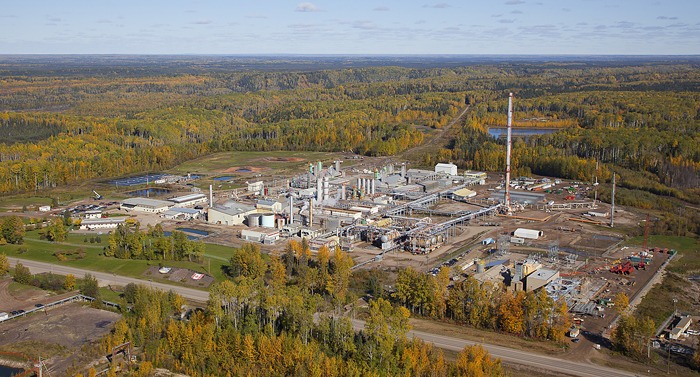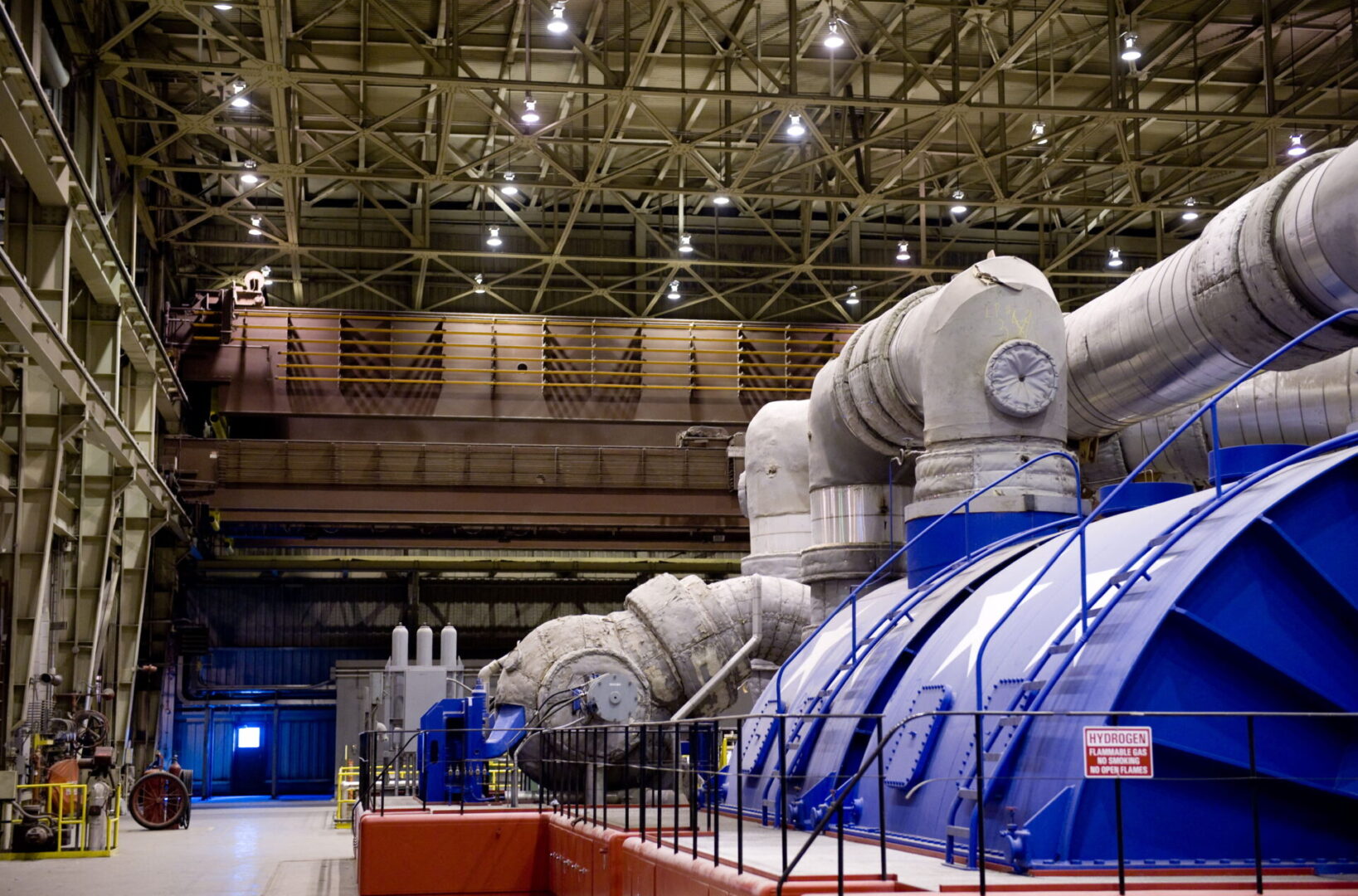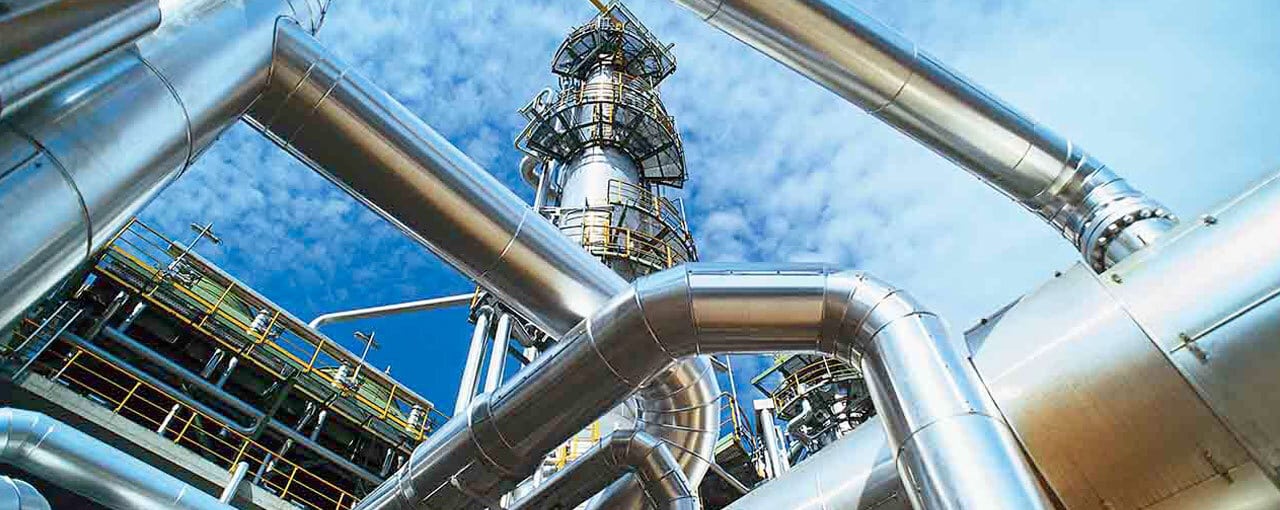“Provincial Strategies for Implementing CCUS in Canada”
Carbon capture, utilization, and storage (CCUS) has emerged as a crucial technology in mitigating greenhouse gas emissions and addressing climate change. In Canada, where industries like oil sands, natural gas extraction, and heavy manufacturing are prevalent, CCUS plays a pivotal role in reducing carbon footprints. This article will provide an overview of the provincial strategies implemented across different regions in Canada to promote the adoption of CCUS technologies.

